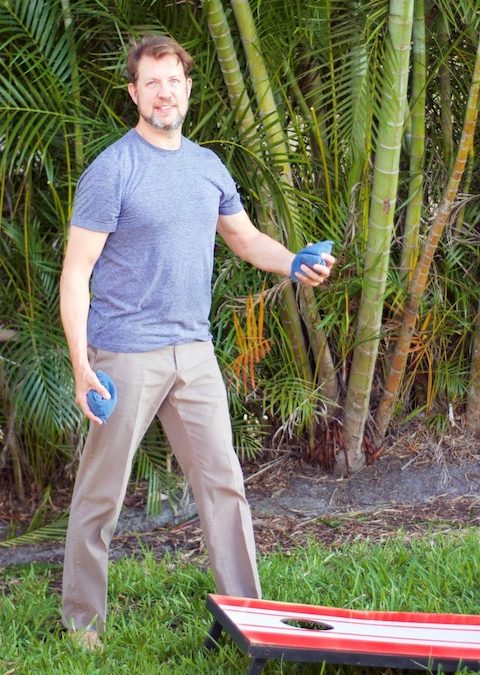Every parent wants their children to have skills that will lead to success in school and in life. In recent years, this has meant an increased focus on structured academic activities, but according to the American Academy of Pediatrics, unstructured play can be just as important, if not more so.
When kids are playing, they are learning real-life skills without the consequences of real-life actions. Play teaches social skills, fine motor coordination, language, problem-solving, and many more skills that factor into success later in life. While play is not what some adults may consider as learning, children actually learn more effectively by letting their curiosity take the lead and finding things out themselves through trial and error. In fact, structured learning activities with explicit instructions can hinder learning because children are not actively engaged in the activity. To make sure kids develop physically, intellectually and socially, parents and caregivers should talk to their children, allow them to watch and mimic adults behaving appropriately, and give ample time to play the way they choose to.
Neuroscientist Jaak Panksepp has studied the effects of play on the brains of rats. “When rats are young, play appears to initiate lasting changes in areas of the brain that are used for thinking and processing social interaction.” Panksepp and other scientists have determined that play makes a measurable impact on brain development all the way down to the molecular level, even showing that rats raised in conditions conducive to play had larger brains, better problem-solving skills, and better prosocial behaviors.
If that’s not enough evidence that kids need play to grow and learn, there are distinct physical benefits to play. Kids who play outside or practice “rough and tumble” play are more physically active and have healthier immune, endocrine, and cardiovascular systems. Play also acts as a stress reliever, reducing toxic stress to help build better resilience and general well-being. It is also shown that children have better focus on structured activities after active play.
Parents and caregivers should give kids plenty of opportunities to play on their own, and should also engage with their kids in play. This helps form strong family bonds and smart, socially mature kids with learning skills and curiosity that will serve them for a lifetime.
